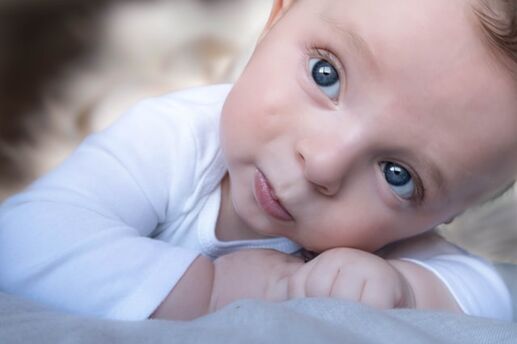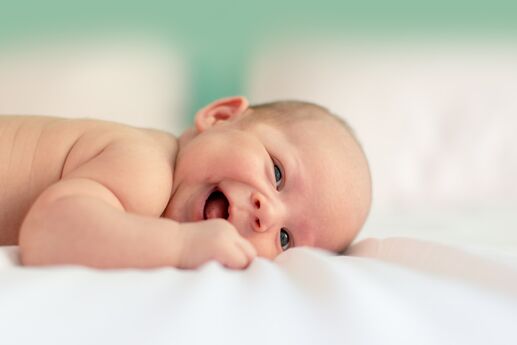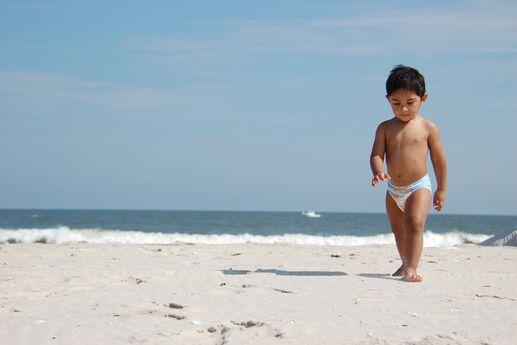Nurturing Young Minds: Jump-Starting Your Infant's Brain Development
Introduction
As parents, we have an incredible responsibility to support and nurture our children's development, particularly during the crucial early years. The first few months and years of a child's life are a period of rapid brain development, laying the foundation for future learning, socialization, and overall well-being. By understanding the key factors that contribute to infant brain development and employing stimulating activities, we can help jump-start their cognitive growth and set them on a path of lifelong learning.
-
Establish a Secure and Nurturing Environment. The environment in which an infant grows plays a vital role in their brain development. Creating a secure and nurturing atmosphere sets the stage for optimal cognitive development. Ensure your child feels loved and cared for by providing consistent and responsive caregiving. Regularly engage in activities like cuddling, talking, singing, and gentle play, which foster a strong bond and help develop neural pathways associated with emotional well-being.
-
Encourage Sensory Stimulation. Sensory experiences are essential for infants to explore and make sense of the world around them. Offer a variety of stimuli to engage their senses—touch, sight, hearing, taste, and smell. Provide colorful toys, interesting textures, and safe objects they can grasp and manipulate. Expose them to different sounds, music, and nature sounds. Take them on outings to explore nature or visit age-appropriate sensory play areas. By stimulating their senses, you support the development of neural connections and lay the groundwork for cognitive and perceptual skills.
-
Foster Language and Communication. Language development is closely linked to brain development in infants. Engage in regular verbal interactions with your child, even from the earliest stages. Talk to them while changing diapers, bathing, or feeding, describing what you're doing and asking questions. Read books with colorful illustrations, using expressive voices and gestures to capture their attention. Sing songs and nursery rhymes, as rhythm and melody aid in language acquisition. Respond to your child's babbling and gestures, encouraging their attempts at communication. These interactions promote language skills, enhance social-emotional development, and build the foundation for later literacy.
-
Promote Physical Activity and Motor Skills. Physical activity and motor skill development go hand in hand with brain development. Encourage your infant to explore their surroundings by providing a safe space for crawling, rolling, and eventually walking. Offer age-appropriate toys that promote reaching, grasping, and manipulating objects. Engage in tummy time activities to strengthen their neck and core muscles. As they grow older, introduce activities that involve coordination, such as stacking blocks, playing with puzzles, or imitating actions. Physical movement helps develop neural connections and supports overall cognitive development.
-
Ensure a Healthy Diet and Adequate Sleep. Proper nutrition and sufficient sleep are essential for optimal brain development. Breast milk or formula provides the necessary nutrients for a growing brain. As your child transitions to solid foods, offer a variety of nutrient-rich options, including fruits, vegetables, whole grains, and lean proteins. Establish a consistent sleep routine, ensuring they get the recommended hours of sleep for their age. A well-rested and well-nourished infant is better equipped to learn and develop.
Every interaction and experience shapes an infant's brain development. By creating a loving environment, providing sensory stimulation, fostering language and communication, encouraging physical activity, and ensuring proper nutrition and sleep, we can jump-start our child's cognitive growth and set them up for success in their future learning and development.
Remember, each child is unique, and their development unfolds at its own pace. Embrace the journey, enjoy precious moments, and be a supportive guide in your child's exploration of the world.
Photo by Melisa Figueroa on Unsplash







